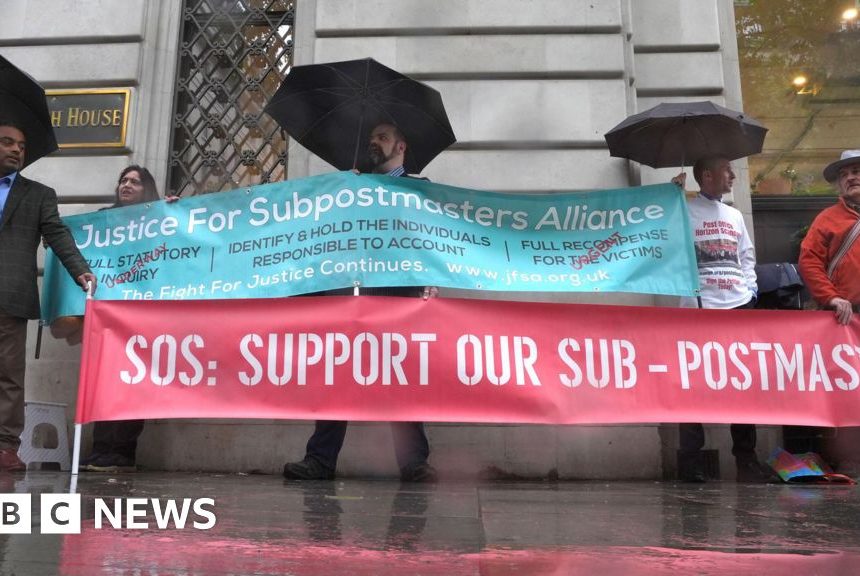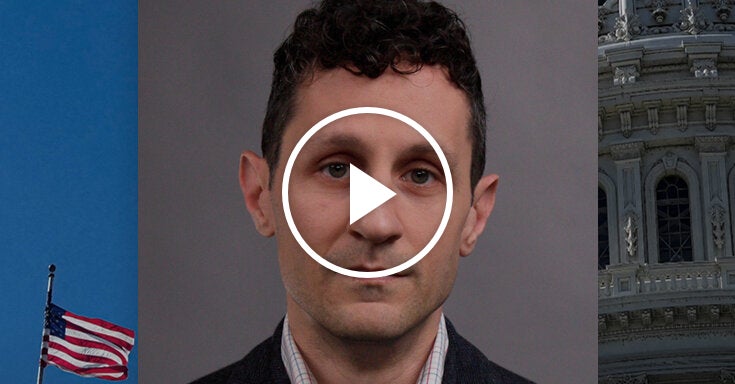Peers have called for more time to debate legislation which would introduce assisted dying in England and Wales, as the bill makes slow progress through the House of Lords.
More than 900 changes have been proposed by peers, which experts believe is a record number for a piece of legislation put forward by a backbench MP.
Supporters of the bill have raised concerns that the volume of amendments put forward is a delaying tactic and claimed there are deliberate attempts to stall its progress.
But opponents say significant changes are needed to ensure vulnerable people are protected and any scheme can operate safely.
MPs approved the Terminally Ill Adults (End of Life) Bill in June, and it passed its first stage in the Lords in September.
But it will only become law if both Houses of Parliament agree on the final drafting, with approval needed before spring next year, when the current session of Parliament ends.
The legislation proposes allowing terminally ill adults with fewer than six months to live to apply for an assisted death.
This would be subject to approval by two doctors and a panel including a social worker, a senior legal figure and a psychiatrist.
The House of Lords spent almost five hours debating proposed changes to the bill on Friday – the first of at least four days of line-by-line examination, which is known as committee stage.
However, peers only discussed two of the 10 groups of amendments they were expected to get through – covering how the bill would apply in Wales and proposals to tweak its wording around eligibility.
This meant only seven of the more than 900 amendments tabled were debated.
A number of peers called for more time for the bill to be examined, saying four days was not enough for the detailed scrutiny needed.
Lord Andrew Tyrie said while he was a supporter of the bill’s intentions, it was “demonstrably flawed”.
He called for the government to take control of the draft legislation, warning there was a risk it could be “talked out” and run out of time to become law.
“[The government] need to consult nationally. They need to consult widely. They need to try and find as much consensus as possible, and then in a considered way, they need to come back to the House,” he said.
“I think attempting to deal with these 900 amendments in this way is going to end up with the bill being talked out.”
Leading lawyer Lord Pannick KC, who has spoken in support of the bill, said: “There is unanimity that this is an exceptionally important bill.
“There is unanimity that this House has to do its constitutional function of scrutinising the bill. It would be enormously damaging to the reputation of this House if we are unable, because of timing, to do that task.”
Meanwhile, Baroness Gisela Stuart argued that however long the proposed legislation was debated she did not think peers “can actually get it to a stage where it is legislatively fit to be passed”.
The bill was put forward by backbench Labour MP Kim Leadbeater rather than the government.
While the government can choose to make extra time available for this type of bill – known as a private member’s bill – they are generally allocated less time than government legislation so can be vulnerable to delays.
Lord Roy Kennedy, who as chief whip is responsible for managing the government’s legislative programme in the upper chamber, told peers government time would not be allocated to the bill.
But he suggested more sessions could be made available beyond the four days initially set aside for committee stage if needed.
Sources behind the bill have told the BBC they are confident it will be given extra time in the Lords if necessary.
Peers in favour of the bill claimed there were deliberate attempts to stall its progress.
“[Friday’s debate] was not the Lord’s at its best,” one told the BBC.
“That was an attempt to filibuster the bill and that will have to be dealt with.”
Filibustering means deliberately wasting time during a debate, for example by making overly long speeches or raising unnecessary procedural points, so a bill is “talked out” and cannot make progress within the time allowed.
One option for those who support the bill passing is a motion to end the committee stage on a particular day, to try and halt any attempt at delay.
However, Baroness Elizabeth Berridge, who opposes the bill, said it was “a thorough debate, scrutinising significant issues including the devolution implications of the Terminally Ill Adults Bill and the use of the Mental Capacity Act”.
She added: “Peers are now doing the job MPs were unable to do, making sure this bill can be safe and workable.”
The bill is being treated by parties as a matter of conscience, meaning they will not instruct their MPs or peers how to vote.
If it does pass into law, the government has four years to get an assisted dying service in place so it could be 2030 before the first assisted death happens.


